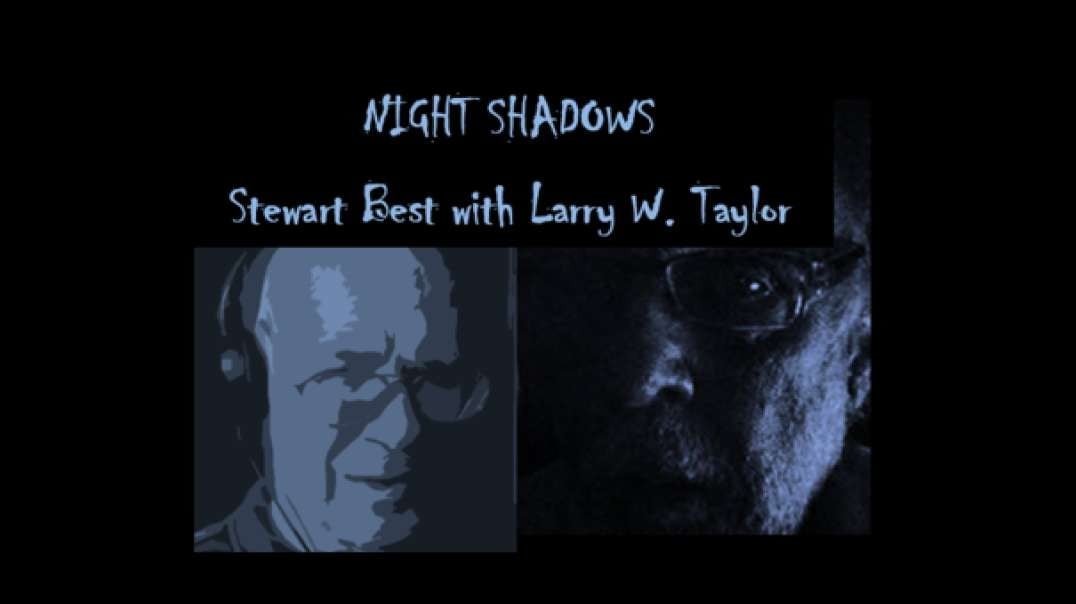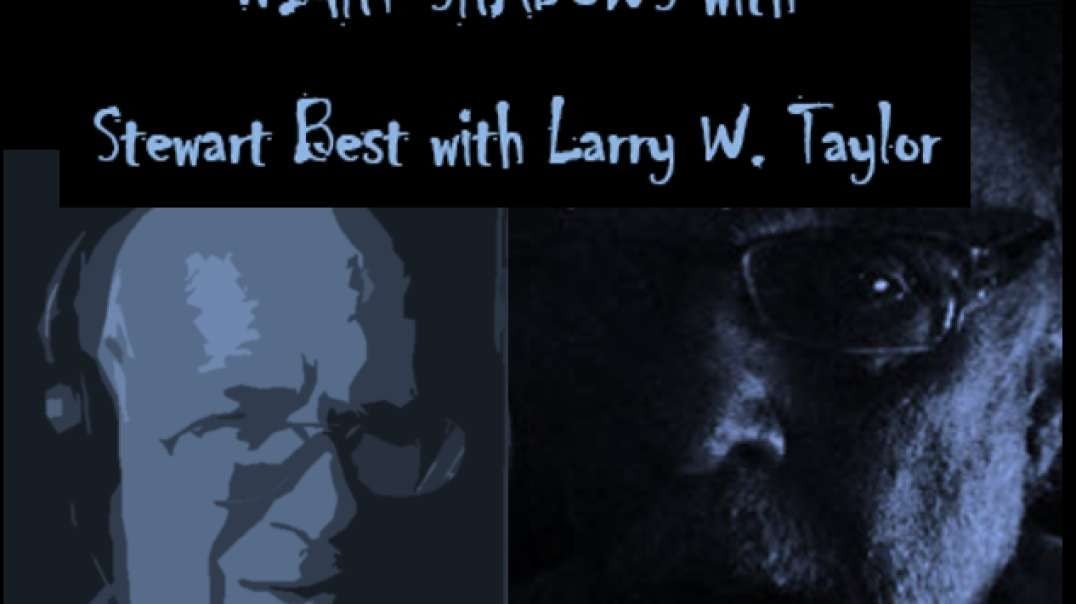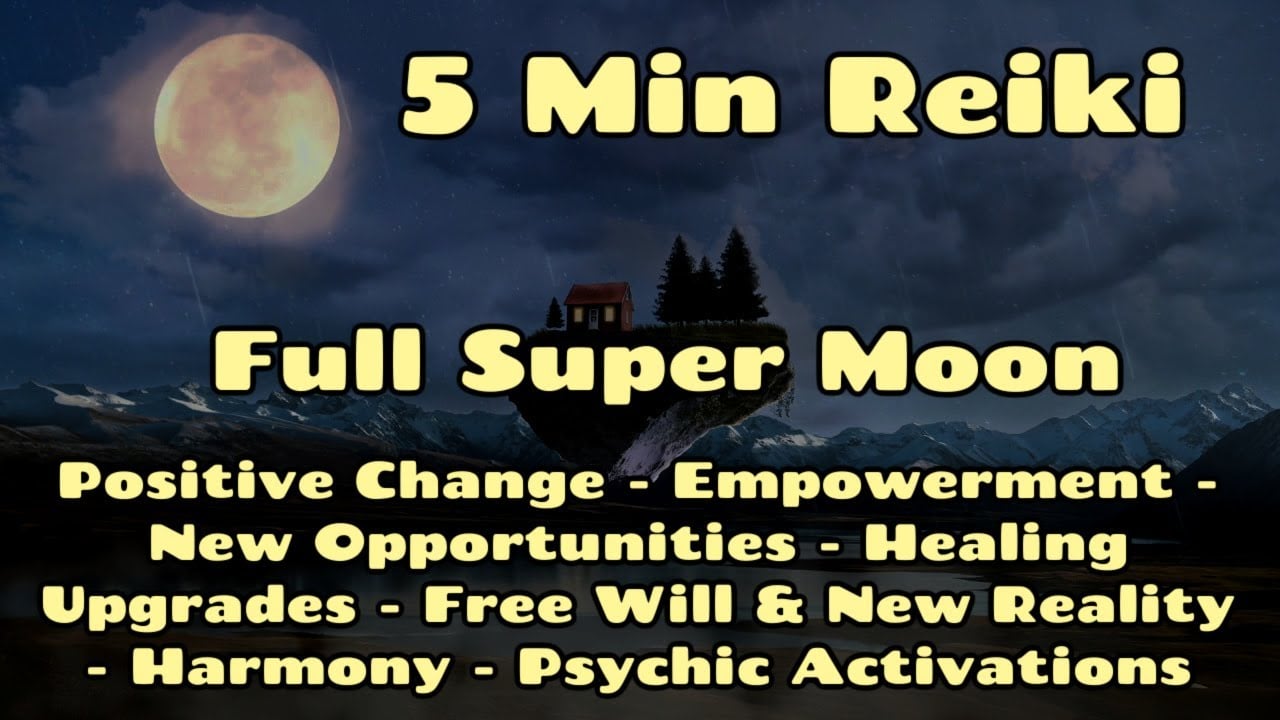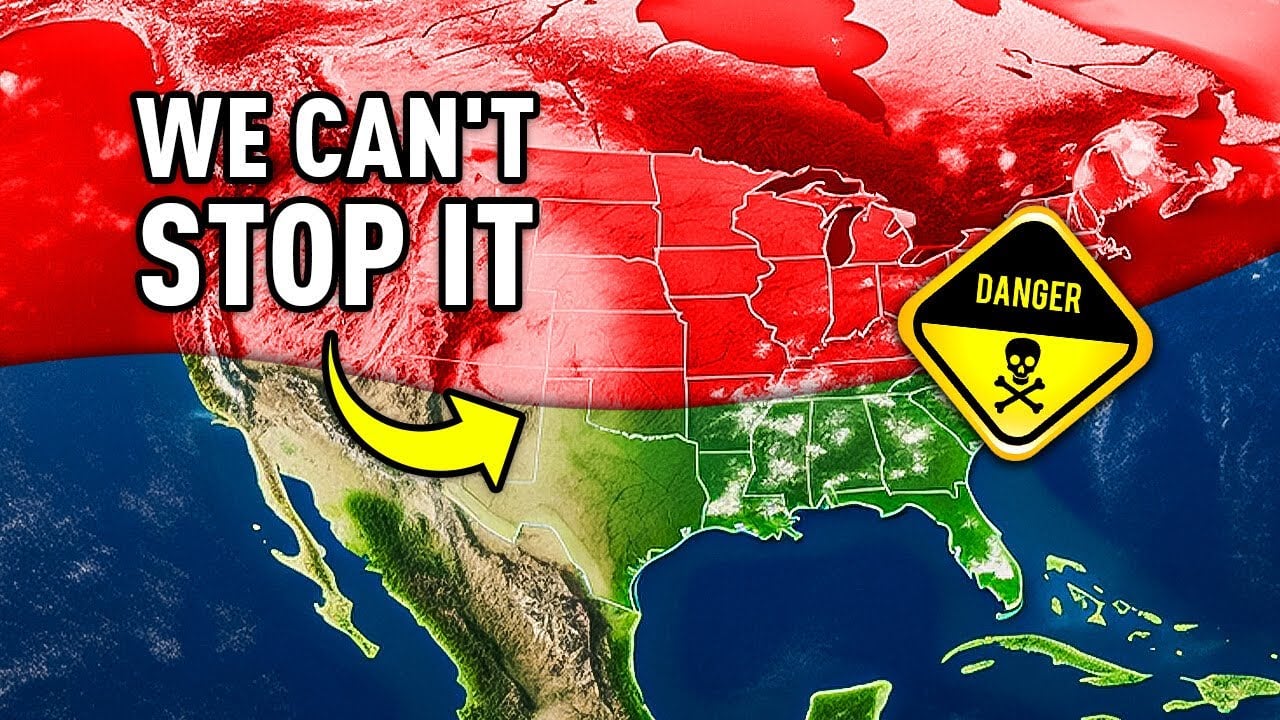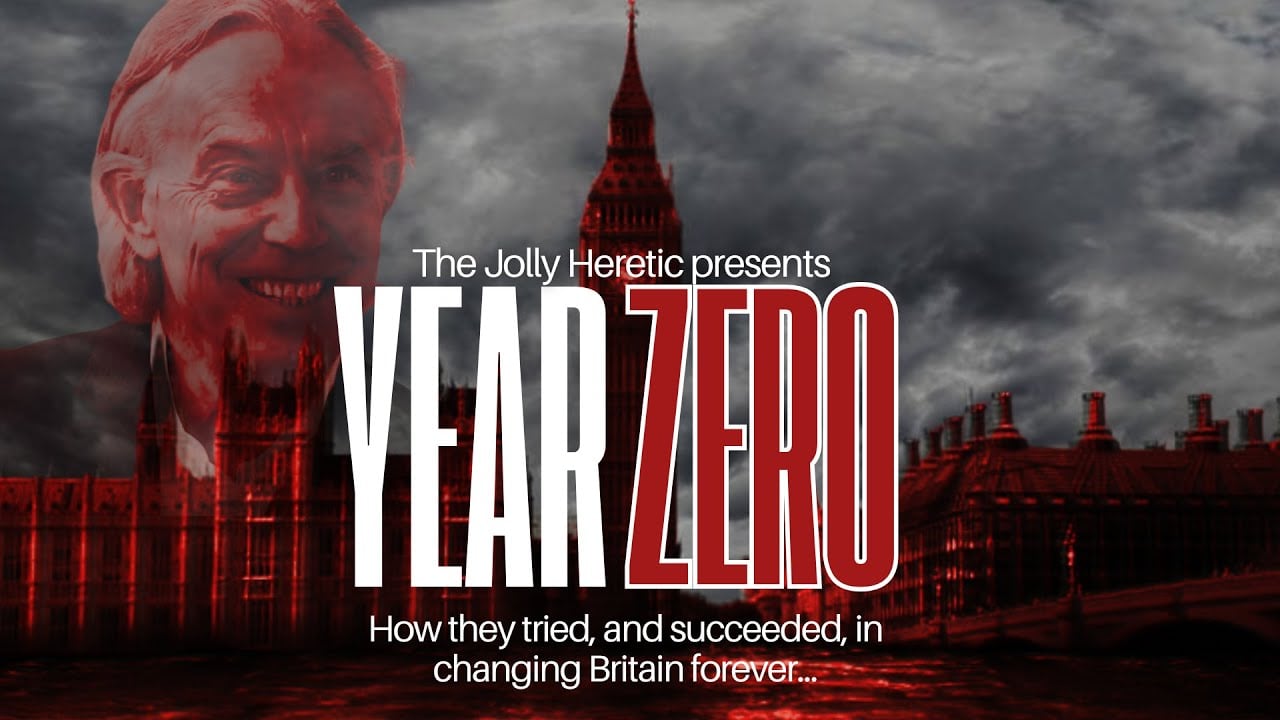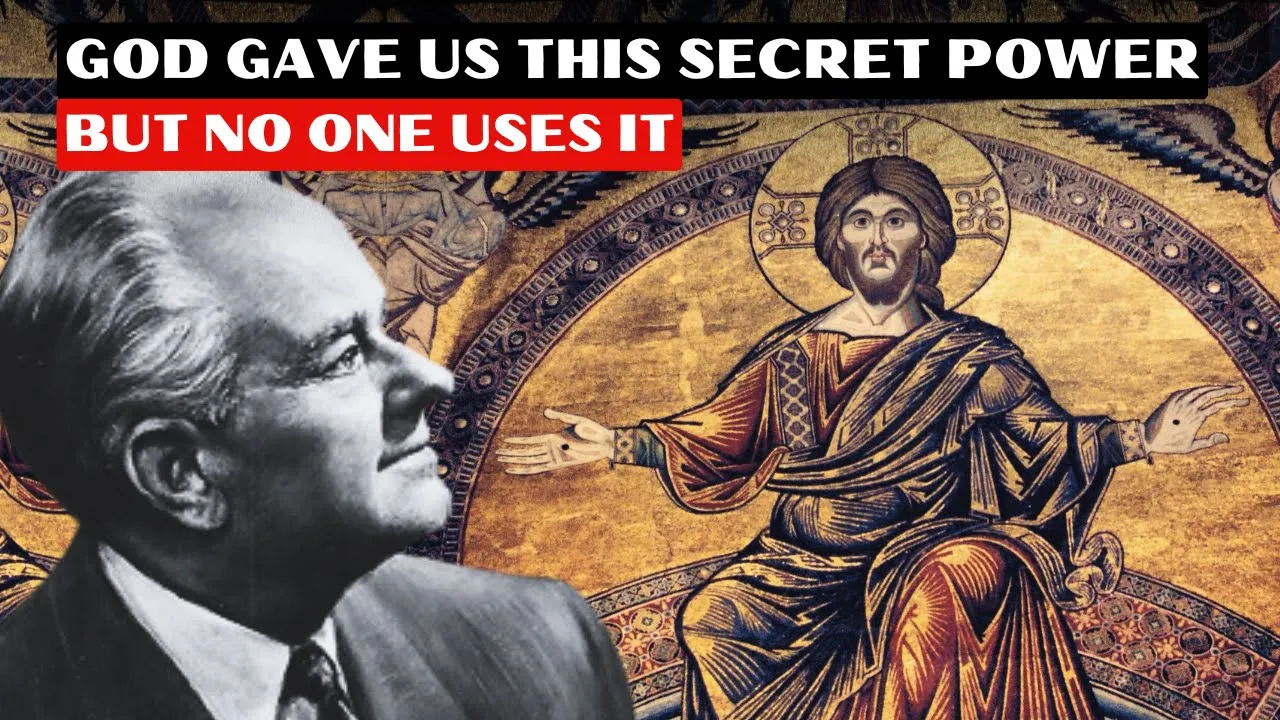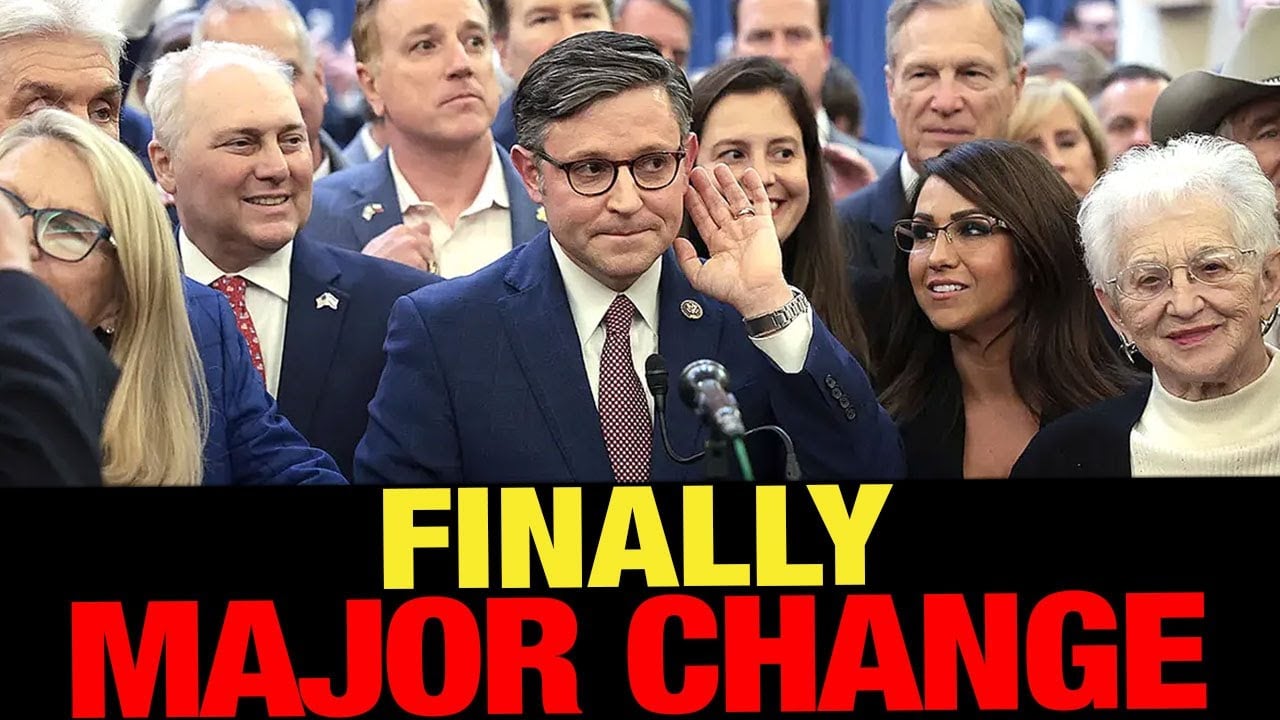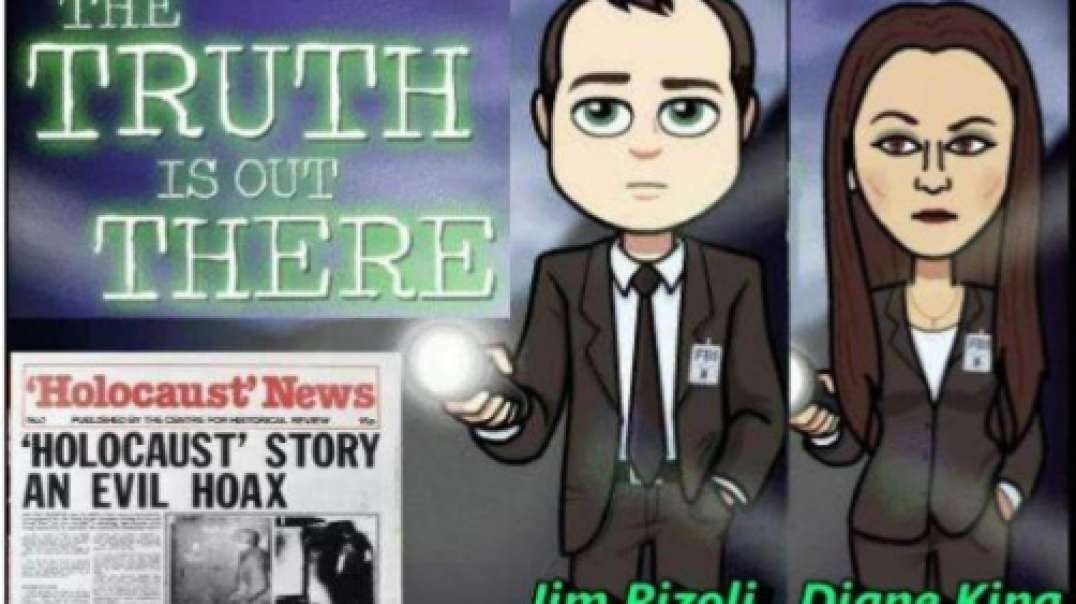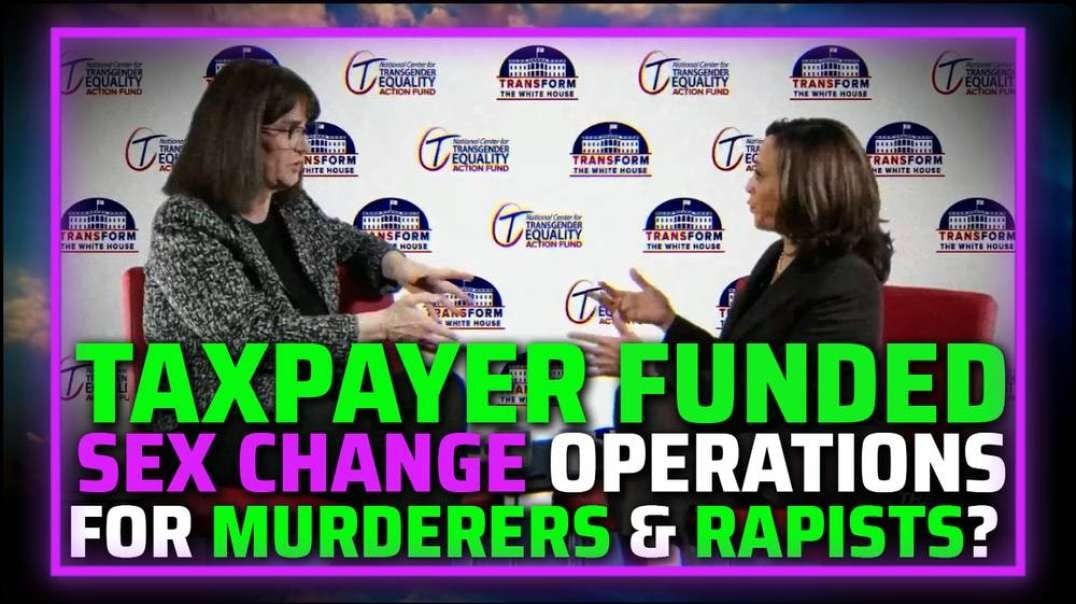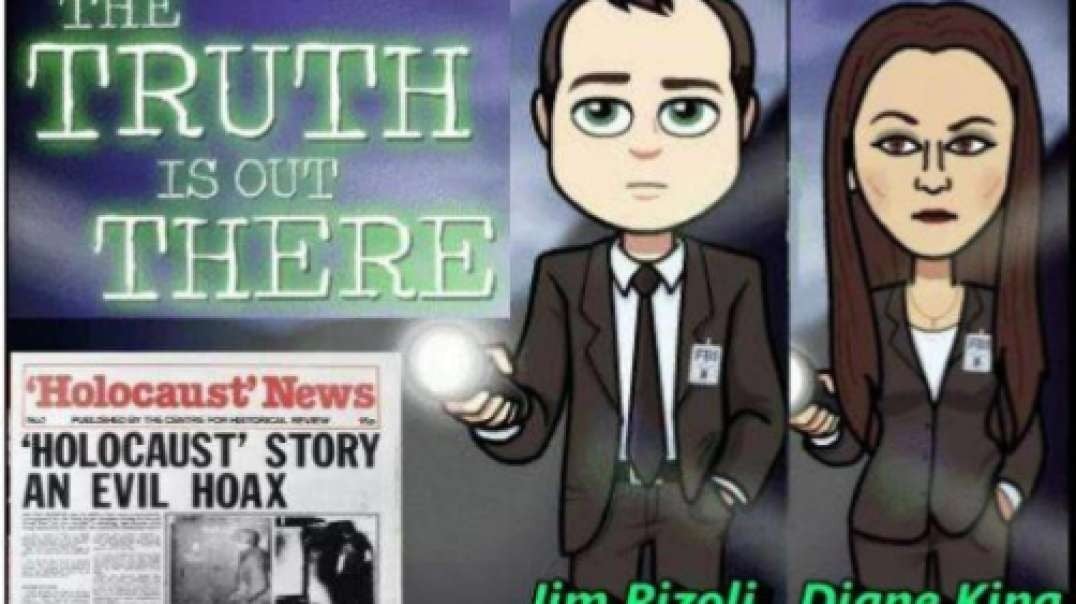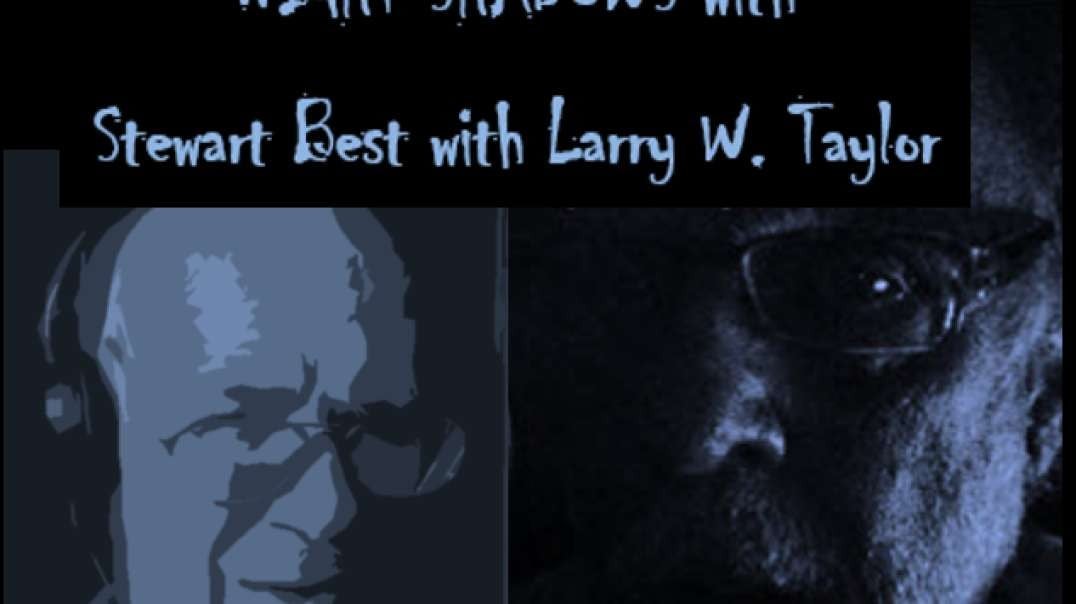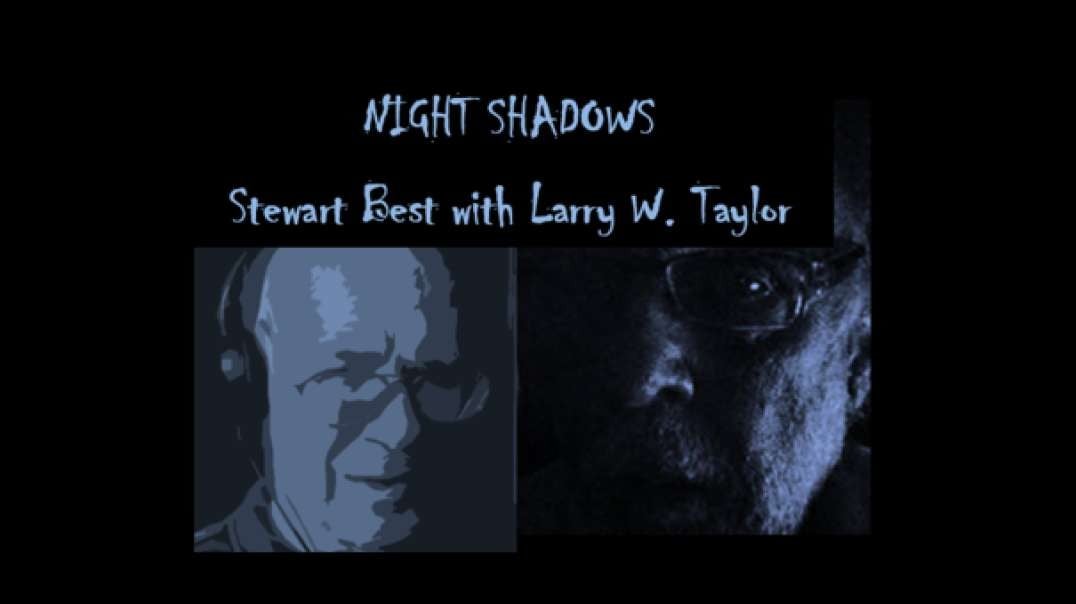Cosmic Regime Change
Please turn with me to Hebrews 7, and put a finger on verse 11, which is where we will pick up this morning. Our text this morning is something of a theological treatise on the changing of the priestly guard that Jesus has brought—basically the theological version of the transition of power.
The peaceful transition of power is actually one of the most difficult problems in the world of politics.
Maybe a king dies, as with the British King George VI in February of 1952, when the current British monarch, Queen Elizabeth the II, inherited the throne. When I was a young lad, we lived in England, and it was always my greatest dream to have tea with Elizabeth. Never did get the invite, though.
Whether you’re in a monarchy of kings and queens, a democracy of elected representatives, or even a tribal system with chiefs, it is a tense moment when power has to be transferred. Will the people follow the new leader? Will there be a split?
Think about a tense transition like we experience when an influential President is leaving the White House, to be replaced by a political rival, like what we just had in 2016 with the election of President Trump. The mantra “Not My President” became popular. What might have happened if the Republicans weren’t the ones with all the guns?
Now, the Lord Jesus said at one point in his earthly ministry, that he had come, not to bring peace, but a sword. And that utterance in Matthew 10:34 has many shades of meaning, but fundamentally, it means that he came to do just that: His coming and his mission was one that was going to draw battle lines across the world—from families to friends to nations—to bring sharp division; it was cosmic regime change on every level, heaven to earth.
Think about it: Jesus’ coming marked the beginning of a new monarchy, David’s line restored to the throne.
His coming marked the end of the old prophets; he is the very Word of God in flesh, the final Prophet.
And as we have seen, especially last week, his coming marked the end of one priesthood and the ascendance of another: The Levitical Priesthood was passing away, replaced by Jesus Christ, High Priest in the Order of Melchizedek.
This transition of power is the greatest the world has ever seen, and it did bring—indeed still brings—a sword across the cosmos. The Hebrew Christians were tempted to fail at this moment of tension, this transition of power, and shrink back to Old Covenant Jerusalem and her now rebellious, Christ-rejecting priesthood.
They were tempted to go back to their old and familiar loyalties, to the Levites—whose High Priest had condemned the Lord Jesus to execution—and trample underfoot the blood of the Son of God. And the message of the author of Hebrews is as plain as it has been so far in the book: Jesus is better. Never go back.
So in our text this morning, from Hebrews 7:11–24, the author of Hebrews will reason with the Hebrew Christians on the issue of this regime change, and why it would be folly to go back. Hebrews 7:11, this is the Word of the Living God:
“Now if perfection had been attainable through the Levitical priesthood (for under it the people received the law), what further need would there have been for another priest to arise after the order of Melchizedek, rather than one named after the order of Aaron? For when there is a change in the priesthood, there is necessarily a change in the law as well. For the one of whom these things are spoken belonged to another tribe, from which no one has ever served at the altar. For it is evident that our Lord was descended from Judah, and in connection with that tribe Moses said nothing about priests.
This becomes even more evident when another priest arises in the likeness of Melchizedek, who has become a priest, not on the basis of a legal requirement concerning bodily descent, but by the power of an indestructible life. For it is witnessed of him,
“You are a priest forever,
after the order of Melchizedek.”
For on the one hand, a former commandment is set aside because of its weakness and uselessness (for the law made nothing perfect); but on the other hand, a better hope is introduced, through which we draw near to God.
And it was not without an oath. For those who formerly became priests were made such without an oath, but this one was made a priest with an oath by the one who said to him:
“The Lord has sworn
and will not change his mind,
‘You are a priest forever.’”
This makes Jesus the guarantor of a better covenant.
The former priests were many in number, because they were prevented by death from continuing in office, but he holds his priesthood permanently, because he continues forever.“
-Hebrews 7:11–24
